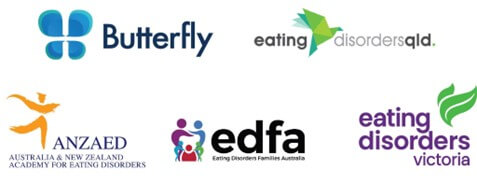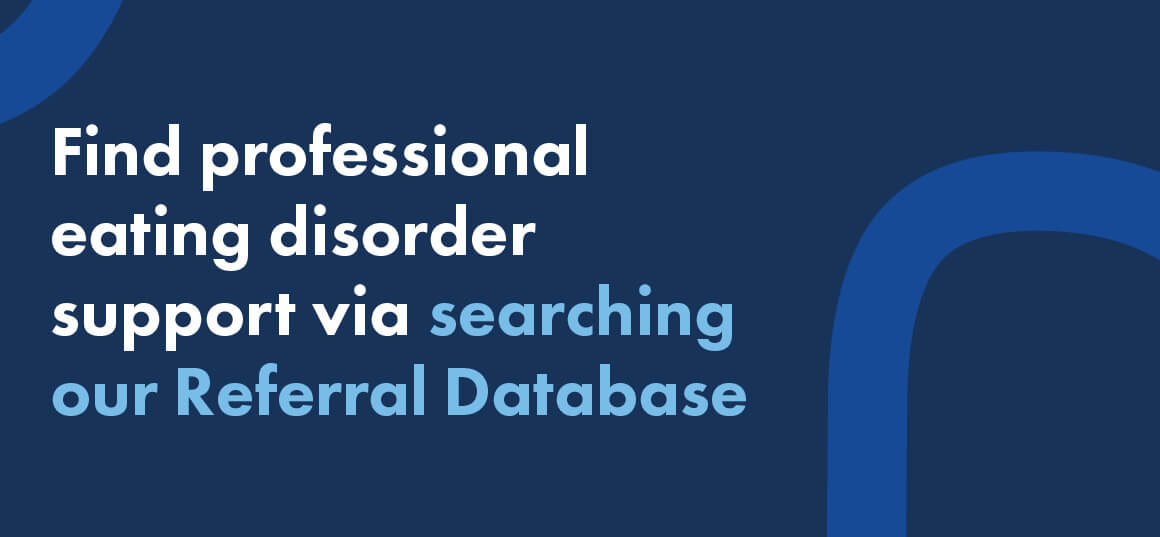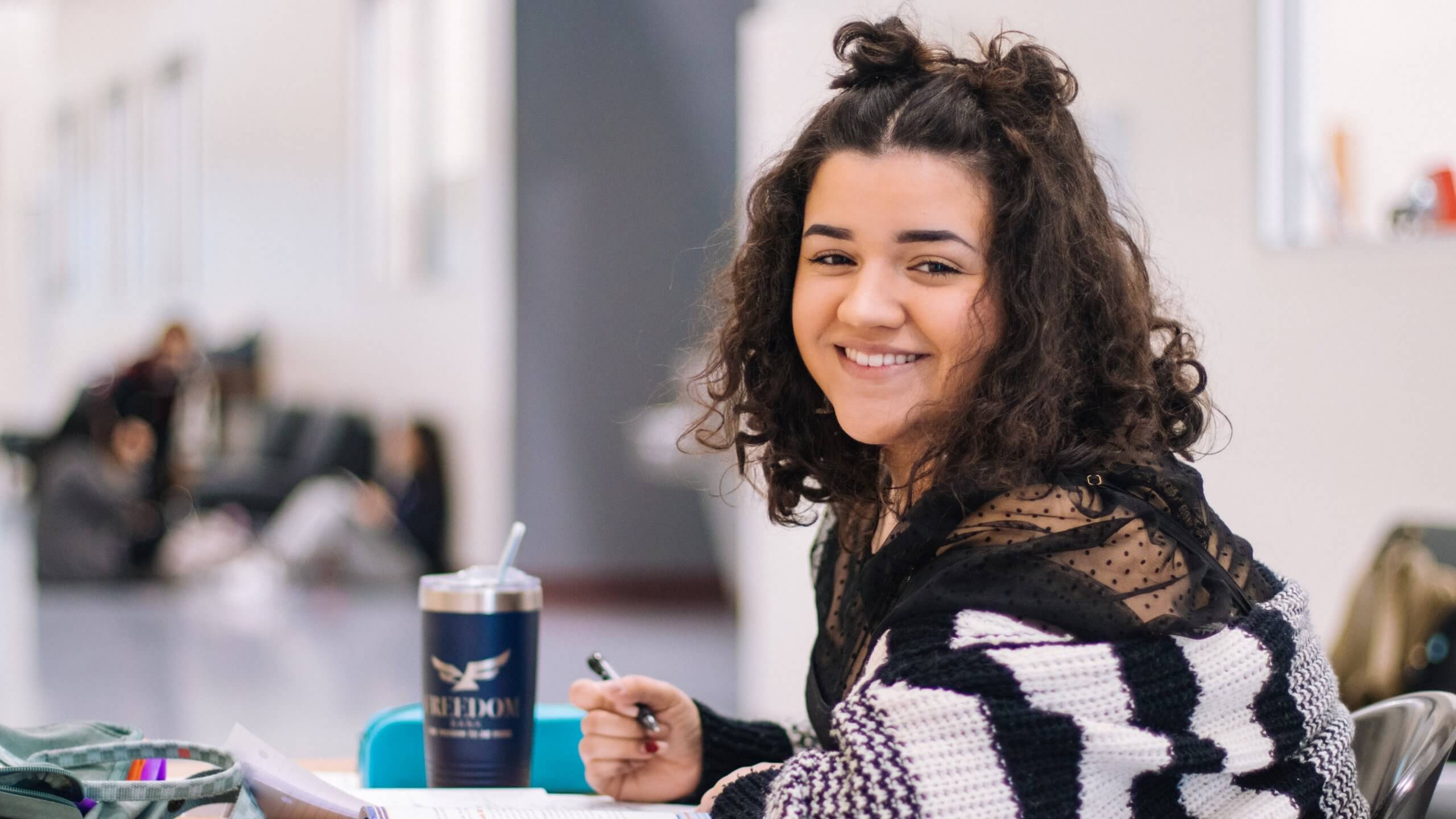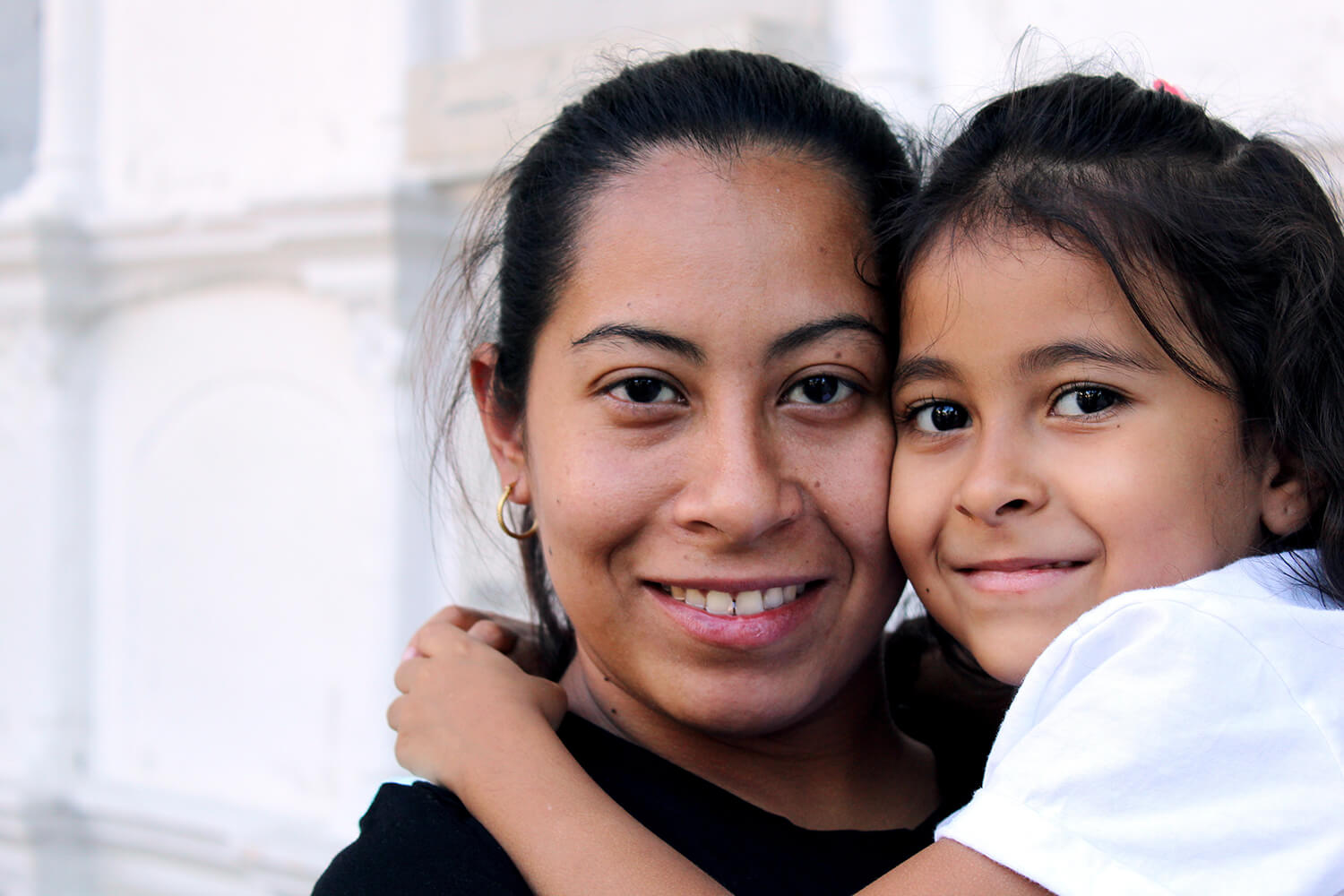Eating disorder sector calls on tech companies to do more to stop harmful content

14 September 2023
Experts from the eating disorder sector have called for tighter regulation of social media apps at today’s Body Image and Social Media roundtable in Parliament House, Canberra.
The event, co-hosted by Zoe Daniel MP and Butterfly Foundation, brought together experts in the eating disorder prevention field, young people with lived experience, social media representatives, researchers and academics, the eSafety Commission and parliamentarians, to develop solutions to better protect young people in online environments.
In recent years, some social media platforms have made changes to improve safety in relation to body dissatisfaction and eating disorders. However, the volume of users and the rapid development of new trends, including hashtags that get around banned terms, work against existing protections.
17-year-old Katya Jaski’s experience of an eating disorder was influenced by social media. “Social media was a big catalyst for development of my eating disorder, it hinders my recovery frequently and significantly.”
“I was able to access completely unregulated hashtags [and] comparing myself to malnourished people exacerbated my eating disorder so significantly. I was able to join Group Chats with these people solely based on losing weight and developing my eating disorder further. Social media made my eating disorder so much worse.”
As a person of colour, lived experience advocate Varsha Yajman said she turned to social media due to a lack of support in migrant communities. Instead, her eating disorder symptoms got worse.
“Social media kickstarted my eating disorder, and continued to exacerbate it,” she said.
“[Not only] is there a lack of representation of people of colour on social media talking about solutions and how to move past the struggles of having an eating disorder, [but] I am constantly being fed this pro-eating disorder content. I have to manually block out all the diet culture content, and it’s frightening how normalised it is.”
Research presented to the roundtable by the Melbourne School of Psychological Sciences found that if you are currently diagnosed with an eating disorder, it is:
- 4137% more likely that the next video delivered to you by the TikTok algorithm will be eating disorder related.
- 322% more likely that the next video delivered to you by the TikTok algorithm will be diet orientated.
Butterfly’s recent Body Kind Youth Survey of young people aged 12-18 also found that:
- Social media made 50% feel dissatisfied with their body.
- 2% compared their bodies to influencers on social media
- More than 70% thought media and social media platforms needed to do more to help young people have a positive body image.
“We need a whole of community response to this problem. Dangerous algorithms are sending young people down dark rabbit holes making their recovery harder and slower,” Ms Daniel said.
“The social media platforms have to accept that they are contributing to this, and they must be more accountable”.
Representatives from Meta were in attendance at the roundtable and committed to being a part of the conversation. TikTok were invited but could not attend.
Research has established that social media use can increase body dissatisfaction among children and young people, particularly image-based social media. Body dissatisfaction is a significant risk factor for disordered eating and the development of eating disorders.
“Prevention is a key pillar of the National Eating Disorders Strategy released last month by the National Eating Disorder Collaboration (NEDC), including improving online safety for young people,” said the CEO of Butterfly, Jim Hungerford. “While we are working with social media platforms to minimise the harm to young people, and to encourage the positive outcomes that can come from social media, we need to work together to promote social media literacy and educate content creators in safe sharing.”
CEO of Eating Disorders Queensland, Belinda Chelius shared the experience of a Lived Experience worker at EDQ, “During the years that I lived with an eating disorder, I didn’t have a strong grasp of my own values and identity nor a connection to myself that supported healthy intuition. From my own experience, I feel that there can be a vulnerability and impressionability in relation to social media and the internet for those at risk of or living with an eating disorder.” She calls on the eating disorder sector and policymakers to stand up and speak with our communities to enable safe environments for vulnerable people.
Director of Eating Disorders Families Australia Jane Rowan highlighted more needs to be done to support young people. “The onus at present is on young people to make a deliberate decision to choose safe content,” she said.
“This is too much pressure for young people in general, but when they are in the grips of an eating disorder, making this sort of choice is an almost impossible ask. It’s time for social media platforms to step up their efforts to ensure the protection of our children from damaging content that has the potential to trigger an eating disorder or that prevents recovery.”
CEO of the Australian New Zealand Academy for Eating Disorders (ANZAED), Jade Gooding, highlighted that more research is needed. “Professionals in the eating disorder sector see the daily impacts of social media, particularly those working with young people. Research is required in order to better understand this impact, in addition to developing tools and resources to better support those seeking treatment.”
CEO of Eating Disorders Victoria, Belinda Caldwell, said, “We know that so many people in recovery are sick of having their social media feeds inundated with harmful content, even when they are taking active steps to curate a safe online environment. Something has to change, and we are pleased to see social media companies and politicians coming together with the community to talk seriously about this issue. With the passion and innovation at today’s meeting, I am optimistic that we are on the right path to make a real difference.”
The eating disorder sector has agreed to set up a working group to consider all options, including legislative change, to protect young people from harmful content that promotes thinness and glorifies eating disorders.
Butterfly Foundation will chair the new group which will have six months to finalise its recommendations to government and industry.
The attendees of the roundtable also agreed to explore and advocate for a National Inquiry into Body Image Issues – which would be the first Federal investment in body image issues since the now outdated ‘Voluntary Industry Code of Conduct on Body Image’ in 2009.
-ENDS-
Media Contacts
Butterfly Foundation – Emma Hopgood, 0435 671 617, Emma.Hopgood@edelman.com / comms@butterfly.org.au
Eating Disorders Queensland – Belinda Chelius, 0405 906 466, belindac@edq.org.au
Eating Disorders Victoria – Breanna Guterres, 0431 717 177, breanna.guterres@eatingdisorders.org.au
Eating Disorder Families Australia – Tracey Adamson, 0475 612 314, tracey.adamson@edfa.org.au
Australia and New Zealand Academy for Eating Disorders – Jade Gooding, 0490 427 375, jade.gooding@anzaed.org.au
Editor and producers note:
Please include the following support line details in all media coverage of this story and refer to the Mindframe Media guidelines for safe reporting on eating disorders. Please include the following helpline message.
Help and Support
Anyone needing support with eating disorders or body image issues is encouraged to contact:
- Butterfly National Helpline on 1800 33 4673 or support@thebutterflyfoundation.org.au
- Eating Disorders Victoria Helpline on 1300 550 236
- For urgent support call Lifeline 13 11 14



















